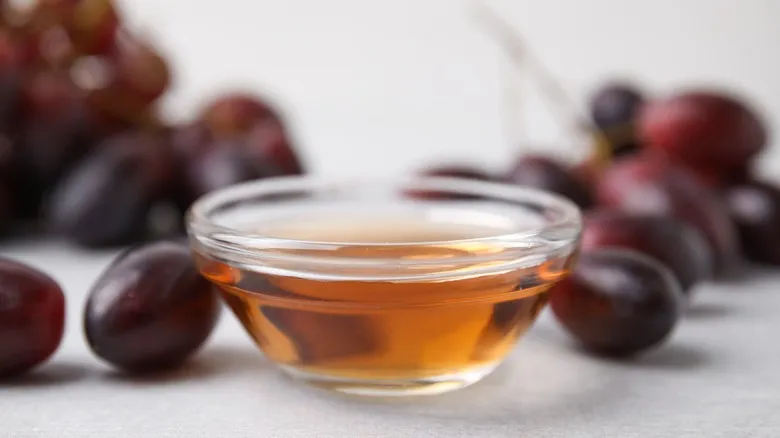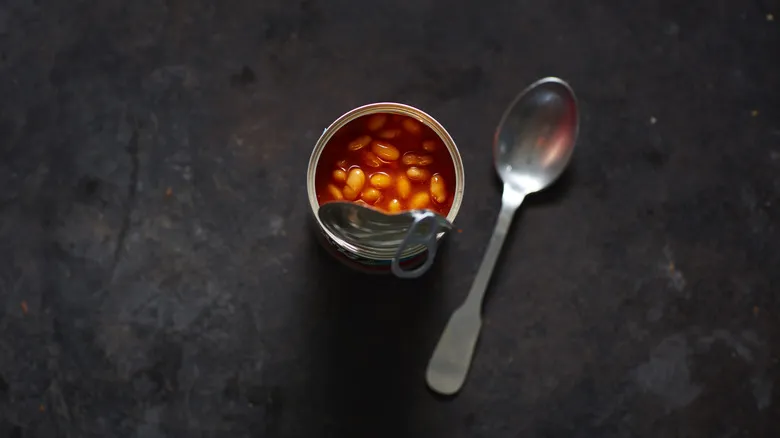Is expired red wine vinegar safe to eat?

In general, red wine vinegar that has surpassed its expiration date is typically safe to consume, with a few exceptions. Most vinegar varieties will experience minor changes in taste, color, and aroma over time, so don’t be surprised if your red wine vinegar looks a bit different from when you first purchased it. The only time you should discard old red wine vinegar is if it develops an unusual or unpleasant smell or taste.
Normal aging changes in red wine vinegar can include a lighter or browner hue. Its aroma should still have a strong acidic quality. In terms of flavor, red wine vinegar may become milder and less intense as it ages, which indicates a decline in quality rather than any safety concerns.
To extend the shelf life of red wine vinegar, it’s important to store it correctly. Refrigeration is not necessary; instead, keep it tightly sealed in a dark place. Additionally, be cautious of cross-contamination by avoiding the use of utensils that have come into contact with raw meat, as this can introduce bacteria that may spoil the vinegar.
Recommended

The Right Way To Store Leftover Cornbread To Make It Last Longer

Why Health Officials Warn Against Drinking Unpasteurized Apple Cider

How Long You Can Safely Leave Eggs Out At Room Temperature

How Long Do Canned Beans Last Once Opened?
Next up

